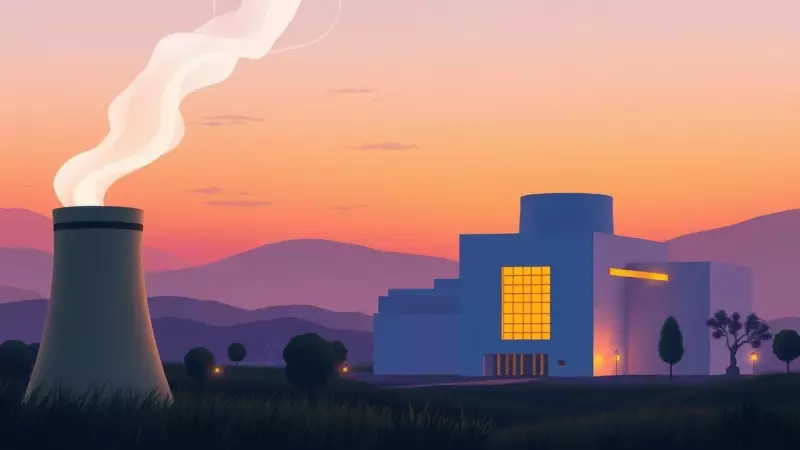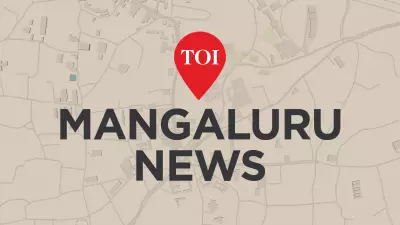
India and Russia Set to Deepen Nuclear Energy Partnership at Upcoming Summit
The 23rd India-Russia annual summit, scheduled for December this year, is poised to mark a significant leap forward in bilateral cooperation, particularly in the realm of civil nuclear energy. The strategic dialogue is expected to focus heavily on the development of small and modular reactors (SMRs) and enhancing the localisation of nuclear plant equipment within India.
High-Level Talks Set the Stage for Summit
Ahead of the crucial summit, a high-level meeting took place in Mumbai on Monday between Alexei Likhachev, the Director General of Rosatom, and Ajit Kumar Mohanty, the Director General of India's Department of Atomic Energy (DAE). Their discussions were centered on identifying and developing new areas of collaboration, with a particular emphasis on both large-scale and small-scale nuclear power projects across India.
The talks also aimed at expanding the cooperation to cover the entire nuclear fuel cycle, indicating a comprehensive and long-term vision for the partnership. This pre-summit engagement underscores the commitment of both nations to strengthening their decades-old strategic ties through advanced energy collaboration.
Kudankulam Nuclear Power Plant: A Flagship Project Progresses
A significant portion of the discussions involved a detailed review of the progress at the Kudankulam Nuclear Power Plant (KNPP) in Tamil Nadu. As the largest nuclear facility in India, KNPP stands as a flagship symbol of the robust energy cooperation between India and Russia.
The review highlighted the current status of the various units. Units 1 and 2 are already operational, having been connected to India's national power grid in 2013 and 2016 respectively, and continue to supply substantial power to the southern region of the country.
Work on Unit 3 has now reached the pre-commissioning stage. Preparations are actively underway for a critical milestone: the testing of safety systems on an open reactor. Meanwhile, construction, installation, and equipment deliveries are progressing steadily for Unit 4. The subsequent Units 5 and 6, which form part of the project's ambitious third phase, are also actively under construction, signaling a strong and continuous momentum in this joint venture.
Expanding the Horizon: SMRs and Advanced Technologies
Looking beyond the Kudankulam project, the dialogue between the two nuclear energy leaders explored exciting new avenues for collaboration. A key area of focus is the joint development of Small Modular Reactors (SMRs). These advanced reactors offer potential benefits in terms of flexibility, scalability, and enhanced safety features, making them suitable for a wider range of locations and energy needs within India.
Furthermore, the discussions also covered cooperation in advanced fuel cycle technologies. This indicates a move towards a more self-reliant and technologically advanced nuclear energy ecosystem in India, aligning with the nation's broader goals of energy security and sustainable development. The upcoming summit in December is expected to formalise these new areas of partnership, taking the India-Russia nuclear alliance to the next level.





